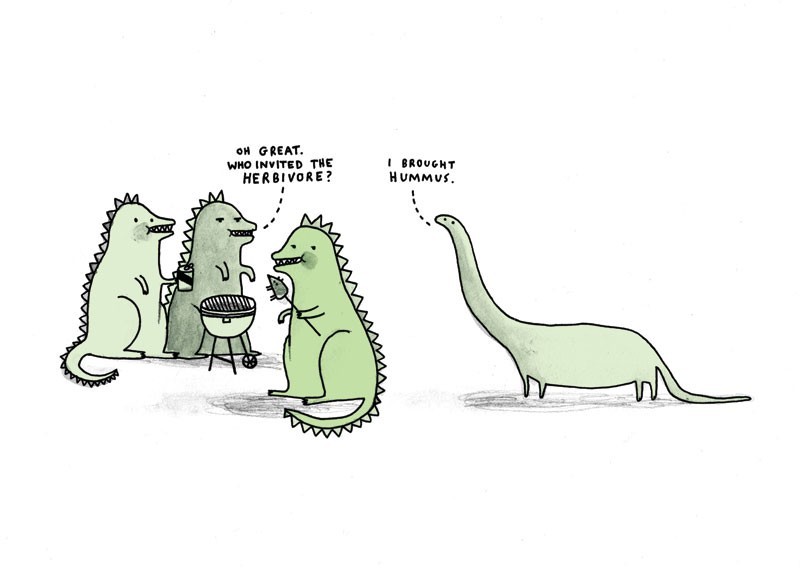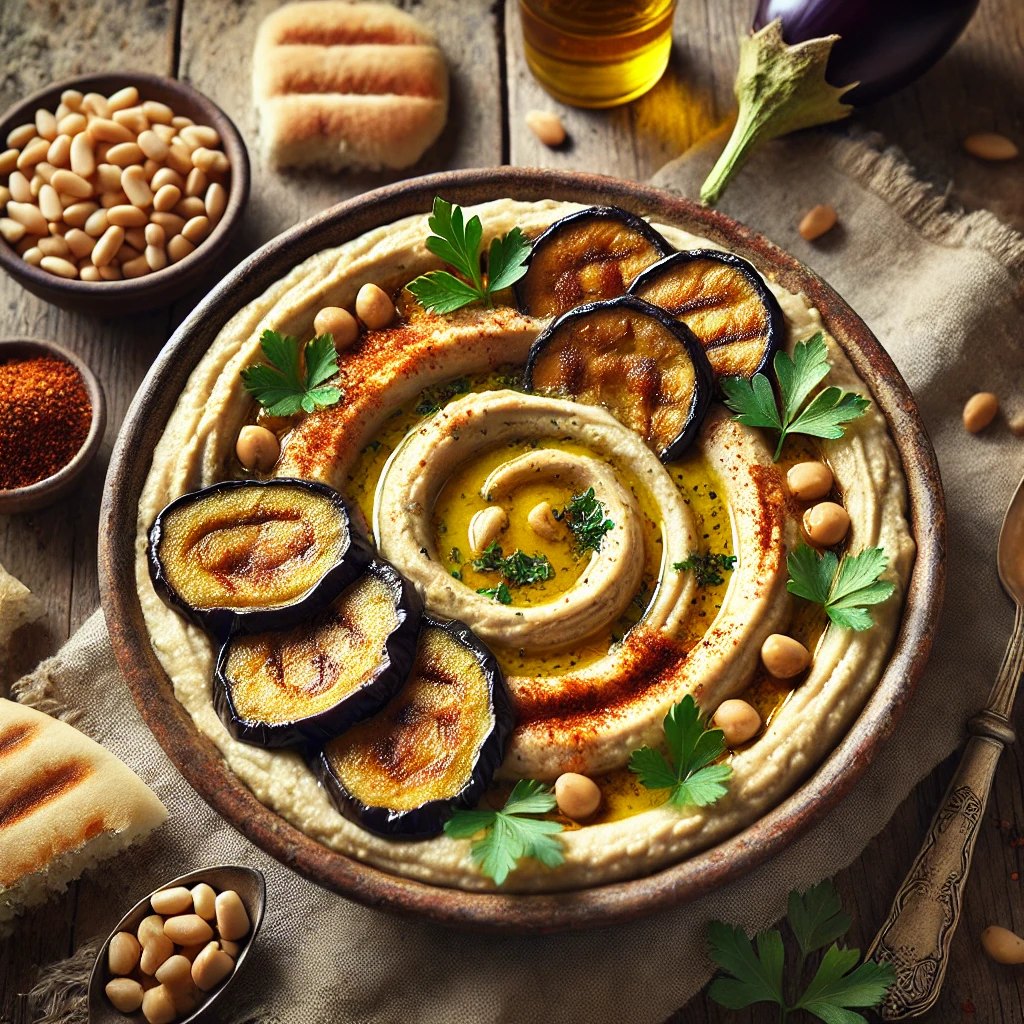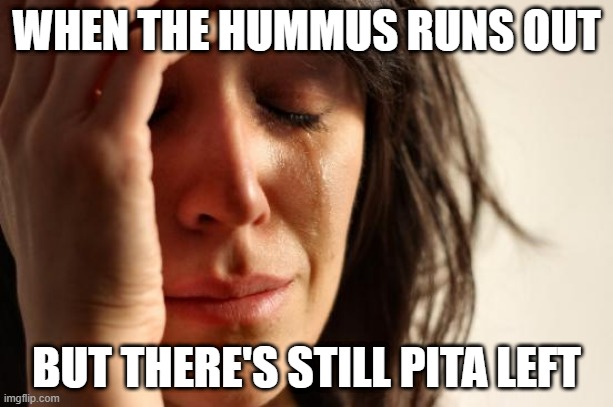Physical Address
304 North Cardinal St.
Dorchester Center, MA 02124
Physical Address
304 North Cardinal St.
Dorchester Center, MA 02124


Is hummus good for you? This Middle Eastern staple turned global fridge item has earned a health halo—but the reality depends on how, and what, you eat.
Hummus has come a long way from its Middle Eastern roots. Today, everywhere from the US to the UK, we pack it in lunchboxes, devour it on mezze platters, and smear it in roasted veggie wraps. Is a picnic even a real picnic if someone doesn’t bring crudites and hummus? (The answer is no, no it’s not.)
It’s a daily staple in some countries, while in others it’s marketed as a health food. Either way, it might be one of the few things that vegans, vegetarians, flexitarians, and omnivores can unanimously agree on. But is hummus good for you, really? Let’s break it down.

At its core, hummus is made from just a handful of ingredients: chickpeas, tahini (ground sesame seeds), olive oil, lemon juice, garlic, cumin, and salt. Chickpeas provide plant-based protein and fibre, while tahini and olive oil add heart-healthy fats. Together, they create a dip that’s nutrient-dense, filling, and naturally free from additives—when you make it from scratch, anyway.
Store-bought hummus, however, can vary widely in quality. Some brands add preservatives, excess oil, or flavourings that nudge the ingredients list into less wholesome territory.
Curious how it all stacks up nutritionally? Here’s a quick comparison between homemade hummus and a typical supermarket version.
| Nutrient (per 100g) | Homemade Hummus | Store-Bought Hummus |
| Calories | 170 kcal | 250 kcal |
| Protein | 7g | 6g |
| Fat | 10g | 18g |
| Saturated Fat | 1.3g | 2.5g |
| Carbohydrates | 14g | 12g |
| Sugars | 0.5g | 1.5g |
| Fibre | 6g | 4g |
| Salt | 0.5g | 1.2g |
Note: Homemade values are based on a standard recipe using chickpeas, tahini, olive oil, lemon juice, and garlic. Store-bought values are averages from common UK supermarket brands.
Those numbers look alright! What does it mean… is hummus good for you, then? Lets look at the pros.
Hummus doesn’t just taste good. It packs a nutritional punch.
If “not a complete protein” made your ears prick up, let’s talk about it. 👀
Hummus contains a good amount of plant-based protein, but it’s not a complete protein on its own (almost, though!)
Here’s why: Proteins are made up of amino acids. A “complete protein” contains all nine essential amino acids that the human body can’t make on its own. Animal products are complete by default, but many plant sources (like chickpeas) are missing one or more.
In hummus, the main shortfall is methionine. This amino acid is relatively low in chickpeas and sesame seeds.
Ok, so is hummus good for you if you make it a complete protein?
To round out the amino acid profile, you just need to pair hummus with a food that’s rich in methionine. You might be doing this already. (Sadly, kettle chips don’t count… although, in case you’re wondering, potatoes do technically contain methionine.)
Here are some classic combinations:
You don’t need to combine proteins in the same mouthful, or even the same meal. As long as you eat a variety of plant-based foods throughout the day, your body can assemble the amino acids it needs.

Hummus is generally healthy, but like anything, context matters. Is hummus good for you if you eat it by the bucketful? Probably not. Here are some other considerations.
To be fair to hummus, how ‘healthy’ it is really depends on what you pair it with, how it’s made, and your general dietary habits.
Olive oil is not the enemy. In fact, it’s a key part of hummus’s nutritional profile. But if you’re trying to reduce calories or tweak flavours, you can experiment with:
You can also try topping your hummus Palestinian or Israeli style, with fried aubergine (eggplant) or sautéed mushrooms. I’m not saying it’s healthier, but I couldn’t not mention it… IYKYK.

Yes, hummus is healthy. It’s a whole food-based, nutrient-rich snack that offers fibre, protein, and healthy fats in every scoop. Like anything, moderation helps, but there’s no reason to fear a little EVOO.
Whether you’re spreading it on toast or dipping raw veg, hummus holds up as a genuinely nourishing staple. Just maybe don’t eat the whole tub straight from the fridge. (We’ve all done it. No judgement here!)